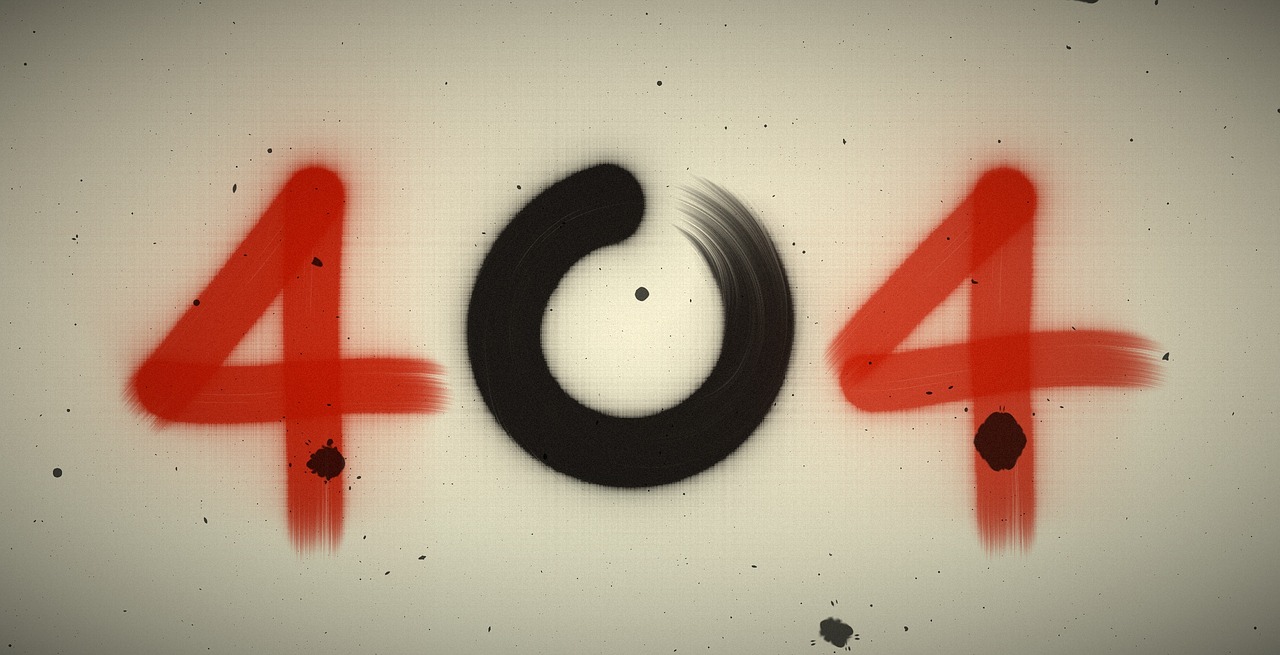There is a problem (or not, for fans of being alive) within physics, in that the universe appears finely tuned for life – at least of the kind we find on Earth – to emerge and thrive.
If gravity was substantially weaker than it is (and it's already pretty weak, just ask any magnet), stars and planets would not have formed. If it was just a little weaker, or electromagnetism slightly stronger, stars would be cooler and not explode to produce the heavier elements needed for life to exist. There are countless other examples. Mess around with the values of physics even slightly, and life as we know it in this universe would not exist.
"The cliché that 'life is balanced on a knife-edge' is a staggering understatement," physicist Paul Davies famously wrote of the problem. "No knife in the universe could have an edge that fine."
Naturally, scientists and philosophers have attempted to tackle this problem in different ways. You could argue that the universe is not really fine-tuned for life. Perhaps if the constants had been different, a different sort of life would have emerged (by different processes) to ask why the universe appears to be so finely tuned for their existence.
One idea is that asking the question "why is the universe so finely-tuned for us" is a kind of survivor bias, or the observer selection effect.
"Suppose the evolution of life and intelligence requires a set of exceedingly unlikely coincidences: planets at just the right distance from an unusually stable star in the galactic life zone, with a stabilizing moon and a comet-deflecting Jovian, just the right chemical diversity, a fantastically unlikely chemical coincidence producing cells, a long list of low-probability evolutionary steps leading up to a generalist species forced by environmental conditions to become a super-generalist intelligent species. Yet every intelligent species in the universe would have these coincidences under their belt. Conversely, knowing we exist does not tell us whether intelligence is common," writes Anders Sandberg of the Future of Humanity Institute.
Extending this idea – the anthropic principle – and another, far more "out there" idea about the universe, theoretical physicist Lee Smolin proposed "cosmological natural selection". Simply put, the universe that we are living in, which seems to be so finely tuned for our existence, is just one of a perhaps infinite number of universes being created constantly, each with varying laws of physics and/or amounts of matter within them.
According to the idea, these new universes are born within black holes of larger "parent" universes, while black holes within our universe would also contain child universes within them. These child universes would have slightly tweaked values, just as with regular natural selection.
If you're thinking this all sounds a bit woolly, that's fairly understandable. In general, it's best to be skeptical of arguments that invoke many number of universes or the multiverse to make things make sense. However, Smolin does make predictions about what the universes (including the black hole we find ourselves in) would look like if cosmological natural selection were taking place.
"In this scenario these parameters are set by a process analogous to natural selection which follows naturally from the assumption that the singularities in black holes are removed by quantum effects leading to the creation of new expanding regions of the universe," Smolin wrote in a 1994 paper.
"The suggestion of J. A. Wheeler that the parameters change randomly at such events, leads naturally to the conjecture that the parameters have been selected for values that extremize the production of black holes. This leads directly to a prediction, which is that small changes in any of the parameters should lead to a decrease in the number of black holes produced by the universe."
And so the universe we find ourselves in (which some physicists do think is inside a black hole) happens to be the type which is hospitable for our kind of life. But for the hypothesis to be plausible, it requires that universes are predisposed towards the maximum possible production of black holes, the mechanism by which cosmological natural selection continues.
"A change that would certainly lead to an increase in the number of black holes would be a decrease in the upper mass limit for neutron stars," Smolin wrote. "This would lower the mass needed to form a black hole, which would result in the formation of more black holes."
So, if we find larger neutron stars (stars with larger mass that did not form black holes at the end of their lifespan) it would imply that the theory is unlikely, as maximal black hole production (by which the universe "reproduces") is not apparent in the universe. We have found neutron stars on the larger scale, implying that the idea is unlikely, unless there is another mechanism by which many universes are produced.
As well as this, the idea (though Smolin rejects this) appears to rely on older ideas about black holes, which are no longer considered likely.
"Smolin's idea is tied to Hawking's old claim that information can fall into a black hole and get trapped behind the horizon," theoretical physicist Leonard Suss kind wrote in Edge. "Smolin requires a great deal of information to be transferred from the parent universe to the infant at the bouncing singularity. But the last decade of black hole physics and string theory have told us that NO information can be transferred in this way!"
There are other ways to get a multiverse, so some version of cosmological natural selection could be playing out. But don't expect confirmation of the idea any time soon, at least in this part of the multiverse, anyway.











No comments